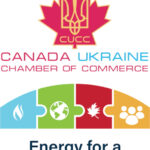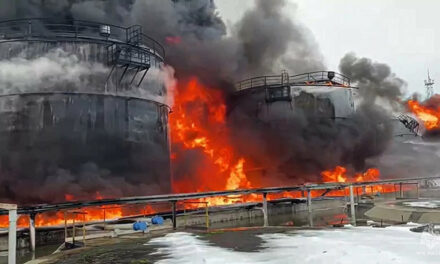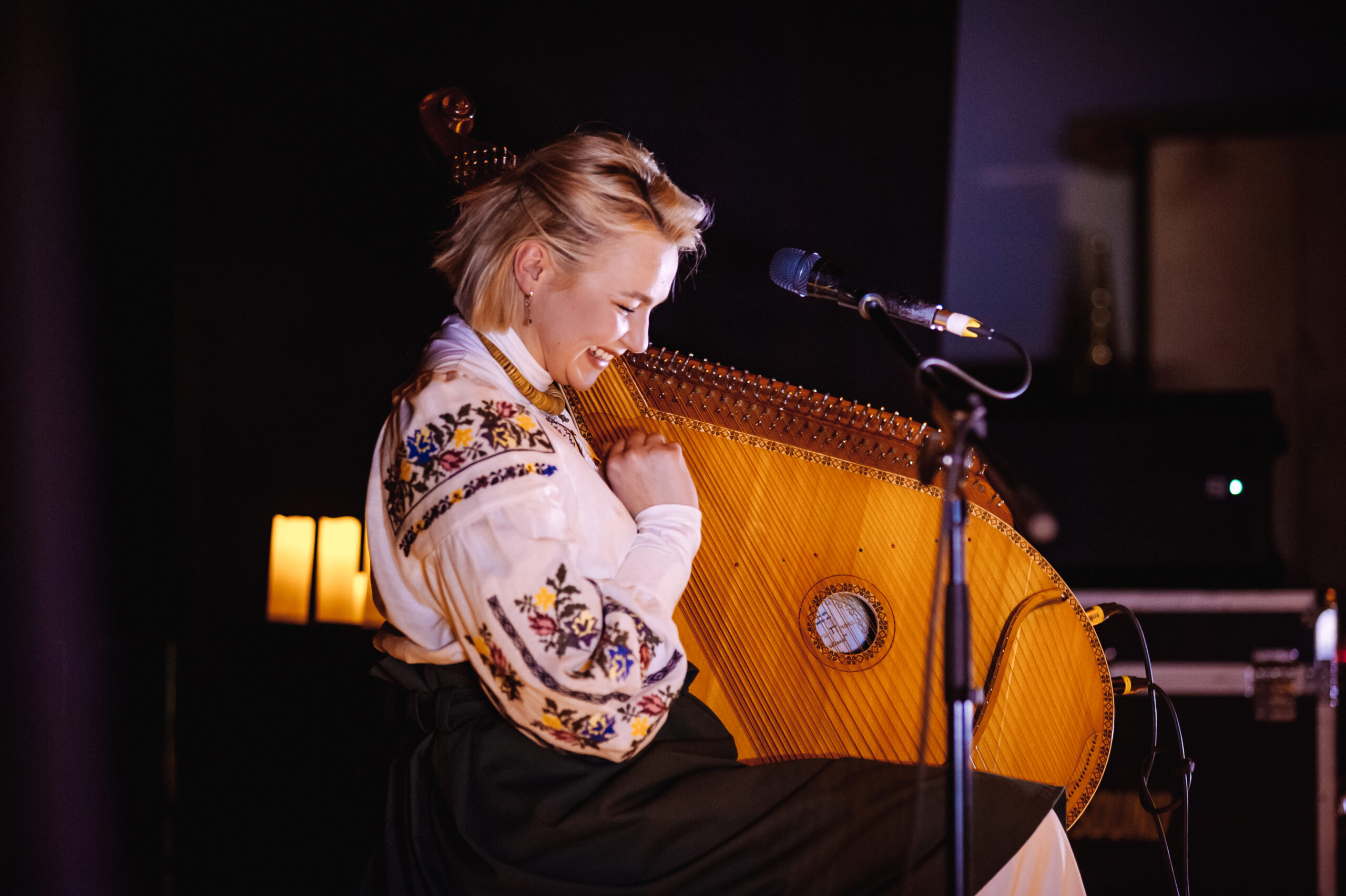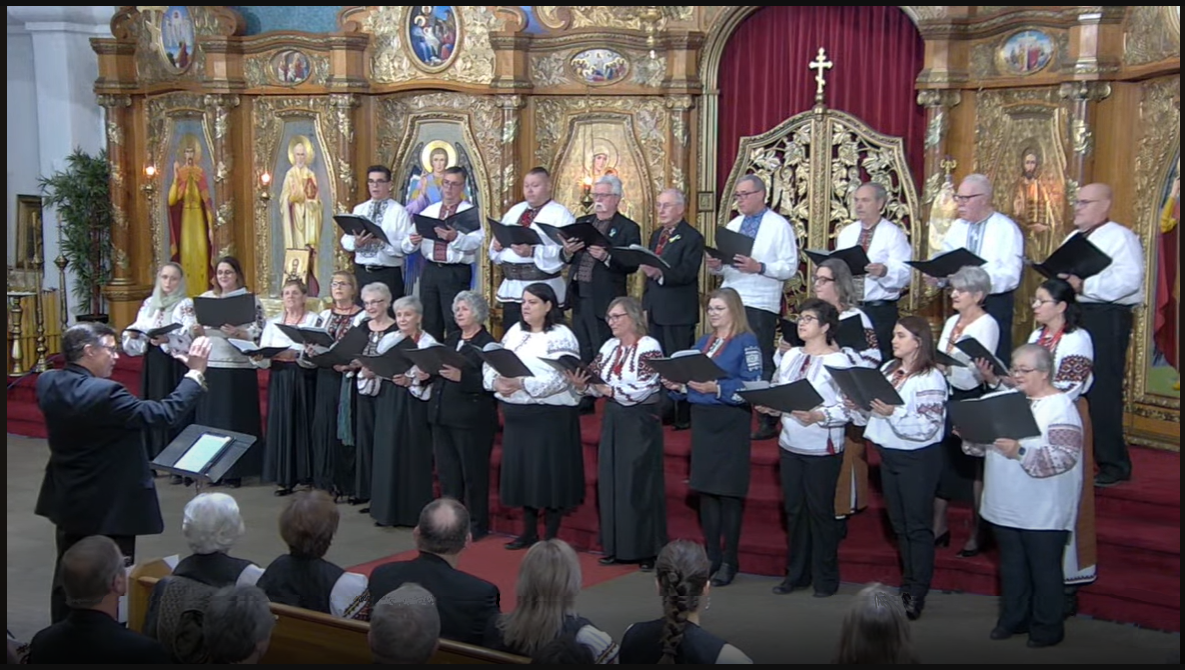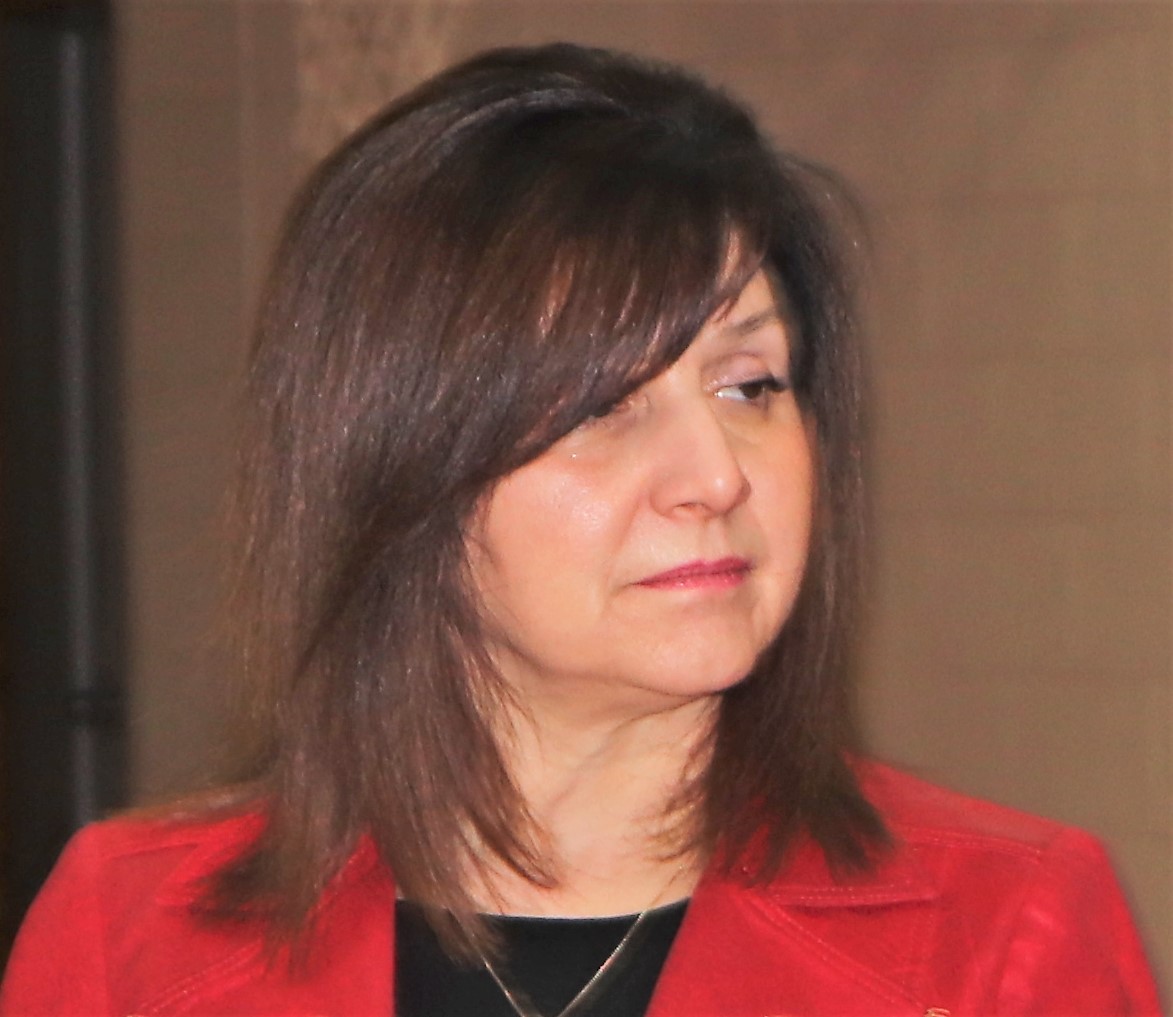Volodymyr Kish.
There has been a noticeable shift in the political scene in Poland in recent years, wherein its evolution into a fully democratized western European state has stalled, and there are disturbing signs of a drift towards a more authoritarian and rightist-nationalist orientation. Amongst other consequences, there is an increasing sense of xenophobia aimed at the EU’s open border policies and the large influx of refugees from the Mid-East and the third world. Also being damaged by this political shift is the always problematic state of Polish Ukrainian relations. Since the fall of the Soviet Union there have been significant efforts by both sides to overcome long-standing historical grievances, and until recently, there was commendable progress. However, historical wounds are often very deep seated, and the current political environment has led to a re-awakening of hostilities by extremists in both countries.
I guess I would be stating the obvious if I said that Ukraine has had a difficult and tragic history in its dealings with the Poles, though they are but one of the many nationalities that has wielded oppressive influence over its past. Over the thousand or so years of its existence, starting with its emergence during the Kyivan Rus era, Ukraine has had to struggle to maintain its identity and autonomy against an onslaught of invaders from all sides. Vikings, Mongols, Tatars, Turks, Poles, Russians and Germans have all taken turns at trying to subjugate Ukraine so that they could exploit the riches and resources of this bounteous piece of earth. The unfortunate consequences of all the conflicts this land has seen over the centuries has been the millions upon millions of lives lost by fire, sword, bullet, shell and starvation. Over the past thousand years, there is likely no other place on earth where more blood has been shed due to war, revolution and strife of all kind. Regrettably, Poland has been a major player in these events, though Russia has undoubtedly wrought the most damage.
Ukrainians of course have mostly been the unfortunate victims of much of this historical turbulence, though it should not be surprising to note that they have also exacted bloody revenge too when given the chance against those they saw as their tormentors and oppressors. During the Khmelnitsky rebellion of the 17th century, the Kozaks massacred no small number of the Poles that had settled on Ukrainian lands, as well as their Jewish hirelings and overseers. Many centuries later, during World War II, Ukrainian partisan units engaged in brutal ethnic cleansing operations against Polish populations in Western Ukraine in answer to similar operations being conducted by the Poles against Ukrainians living on then Polish lands. There is also little doubt that there were some Ukrainians that collaborated with the Nazis in their genocidal actions against Ukraine’s Jewish population. In times of conflict and war, the moral and ethical principles of civilized societies are often seriously compromised.
Without getting into a discussion as to guilt or culpability, it is obvious that in this corner of the world, every country bears considerable historical baggage that it must deal with in terms of how it currently deals with its neighbours and minority populations. Polish Ukrainian relations are understandably coloured by the historical burdens of centuries of conflict. Yes, Poles did do grievous harm to Ukrainians in centuries past. Yes, Ukrainians did exact bloody revenge on the Poles at various times in history. And yet, as most historians and political analysts would argue, it is in the interests of both countries to cooperate as much as possible with each other politically, militarily and economically, if they wish to have a future that is not dictated by their predatory mutual neighbor Russia. In simple terms, Poland and Ukraine need to bury any past enmity and become mutually supportive friends, or they will again become colonized and repressed by the Russian bear. Poland and Ukraine must become strong, mutually supportive allies or their individual futures as independent states will be highly problematic.
None of this implies that either side needs to bury the past. We all need to understand the lessons of history to move civilization further. But the sins of the past should not dictate the politics of the present. We should delegate the analysis of the past to unbiased historians who can illuminate the hard facts of what happened, understand the context within which events happened, and draw the necessary constructive lessons of how to prevent similar occurrences in the future. The primary motivation should always be reconciliation and not revenge. Revenge is a beast whose appetite is impossible to satiate.
With good will on both sides, Poland and Ukraine can become leading lights in the European constellation. Rehashing old grievances and re-opening old wounds is a guaranteed one-way street to decline and ruin, and must be avoided at all costs.
Share on Social Media














